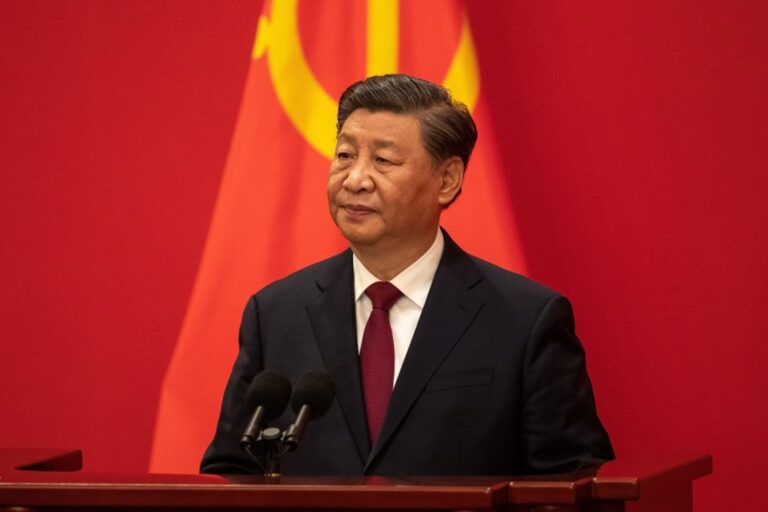You can also listen to this podcast on iono.fm here.
SIMON BROWN: I’m chatting with Faisal Rafi. He’s head of global research at RisCura. Faisal, I appreciate the time today. The Chinese economy disappointed in 2023, although the third quarter certainly was boosted by surprises. You’ve had a recent trip to Shanghai and Beijing. What was your sense from being on the ground in China in terms of the economic recovery?
FAISAL RAFI: Thank you very much for giving me the opportunity to chat to you, Simon. I really appreciate that. The trip from a bottom-up perspective was very, very different from what we see and read in the news, I think. The economic numbers have been poor and they have been poor for I guess a couple of reasons.
Number one, you’ve got a situation that the Chinese economy was coming out of one of the harshest Covid lockdowns, where the entire country was switched off for the vast majority of last year. The difference really comes from two experiences in the Western world. There were no big cheques paid out to individuals and savings built out.
So, a little bit like in other emerging market economies, the normal person on the street had to get through these Covid lockdowns without jobs, without earning money. That’s number one.
Number two, the other thing that the Chinese had observed from the experiences of the West was [that the] blind stimulus that we saw in Europe and the USA left a very big overhang, where we are experiencing high inflation rates coming up. If you think about it, if that was to happen in China and it was 10%-plus inflation, people would come out on the streets – this is the world’s largest population – and that is something that was not something that the Communist Party could tolerate. So as a result they’ve also been very, very reserved in providing the stimulus. Just to be clear, it is needed. There does need to be fiscal stimulus pumped into the economy to get it going, which is coming through now.
I’m not sure if you’ve picked up in the last few days, President Xi [Jinping] himself paid a visit and kind of reiterated [that] the stimulus is coming. As a result you might have seen that global markets have been falling in the last few days, whereas the Chinese market has been flat. That is coming. So that’s kind of one part of the story.
The second one is of course the real estate story. Just to be clear, the real estate issue really is not in cities like Shanghai and Beijing. That’s not where [the issue is]. And 60 to 70% of the entire real estate market has been stable. Prices may have fallen a little bit. It’s really been an issue in the smallest cities, where prices went up a lot and came down quite a bit. And that’s where there was a lot of speculative development going on and we’re seeing the issues that we read in the news.
But again, this is part of a well-marked objective of the Chinese government to shift the economy’s reliance on the real estate sector, which [has been] a big, big part of the total Chinese economy over the previous decades. … is an economy that’s driven by a consumer market. And so the de-leveraging of the real estate sector has been happening for a long time. I guess last year was a double-whammy effect where the government was already trying to press down and de-lever the real estate sector.
And then there was a double whammy with Covid lockdowns coming up, so the real estate sector got hurt a lot more than intended.
If you go to cities like Shanghai and Beijing, you see the real investment opportunities driven by kind of pre-teams. One, the world’s largest population is consuming products which are made by local companies and they’re getting better and better at the quality spectrum.
The second one, the manufacturing industry is [morphing] from the world’s largest and cheapest to the world’s largest and best in class, which is a really, really exciting area.
And then thirdly is how innovation is changing. So if you talk about, right, okay, so if the consumer internet story is over and you’re not going to get more Tencents than Alibabas coming in the Chinese market, then where is innovation coming? That was also very exciting. We met some of the best venture-capital managers who have created companies like Tencent and Alibaba in the past and what they are doing today is also very remarkable. Seeing that was really, really eye-opening.
SIMON BROWN: Faisal Rafi, head of global research at RisCura, I appreciate the insights there.
Listen to the full MoneywebNOW podcast every weekday morning here.

